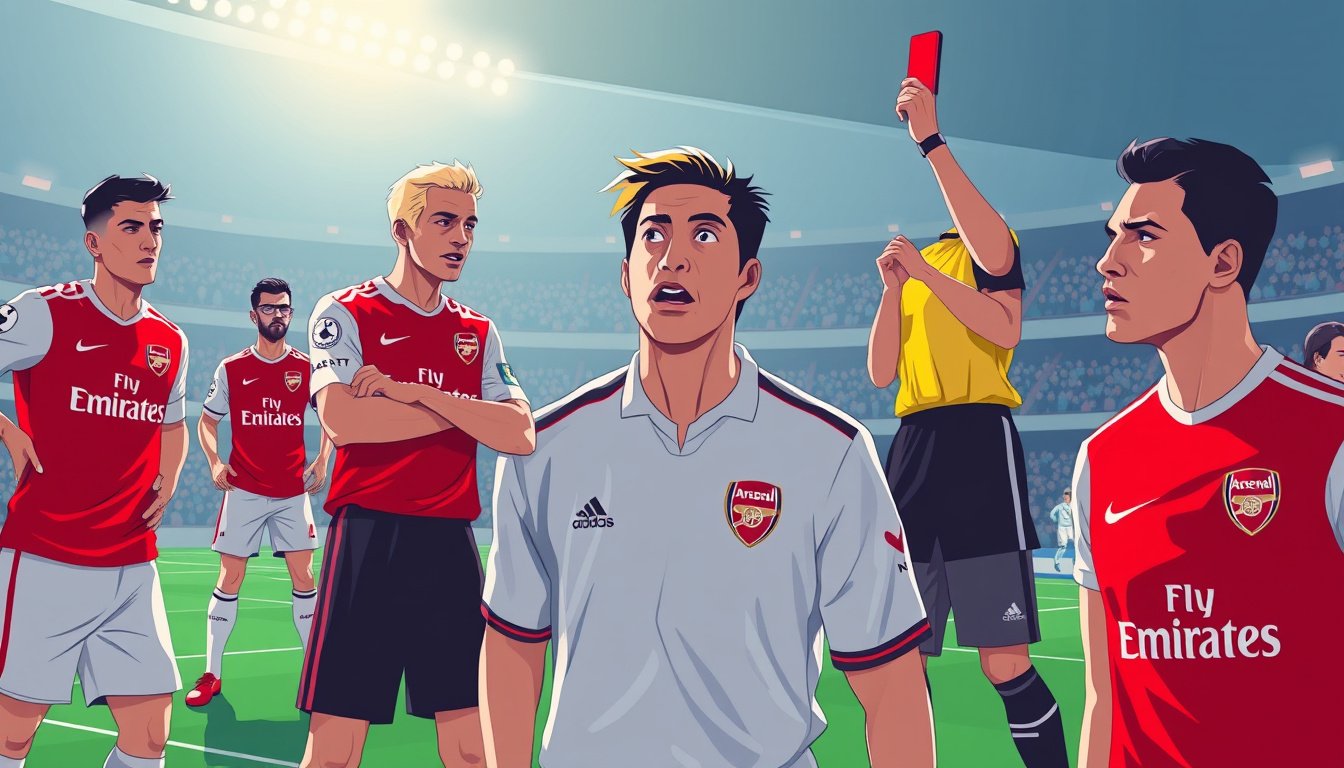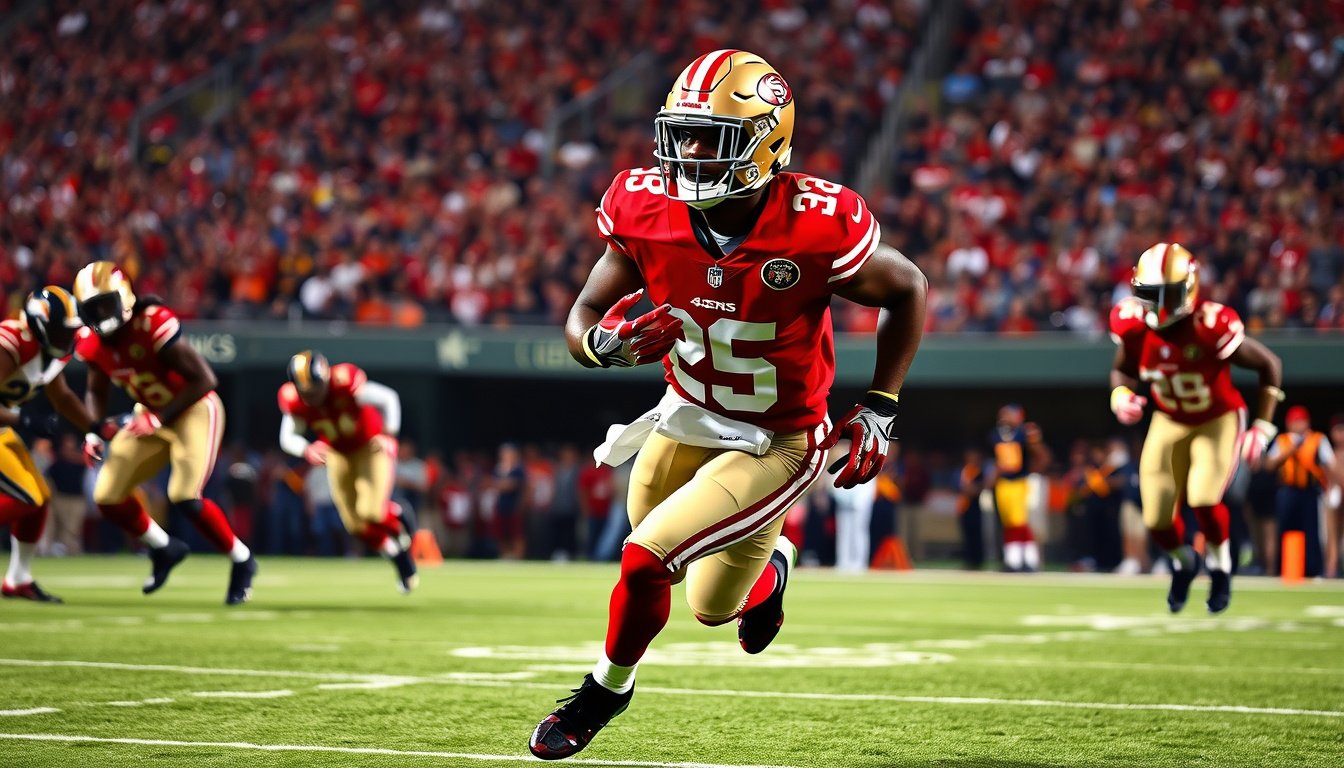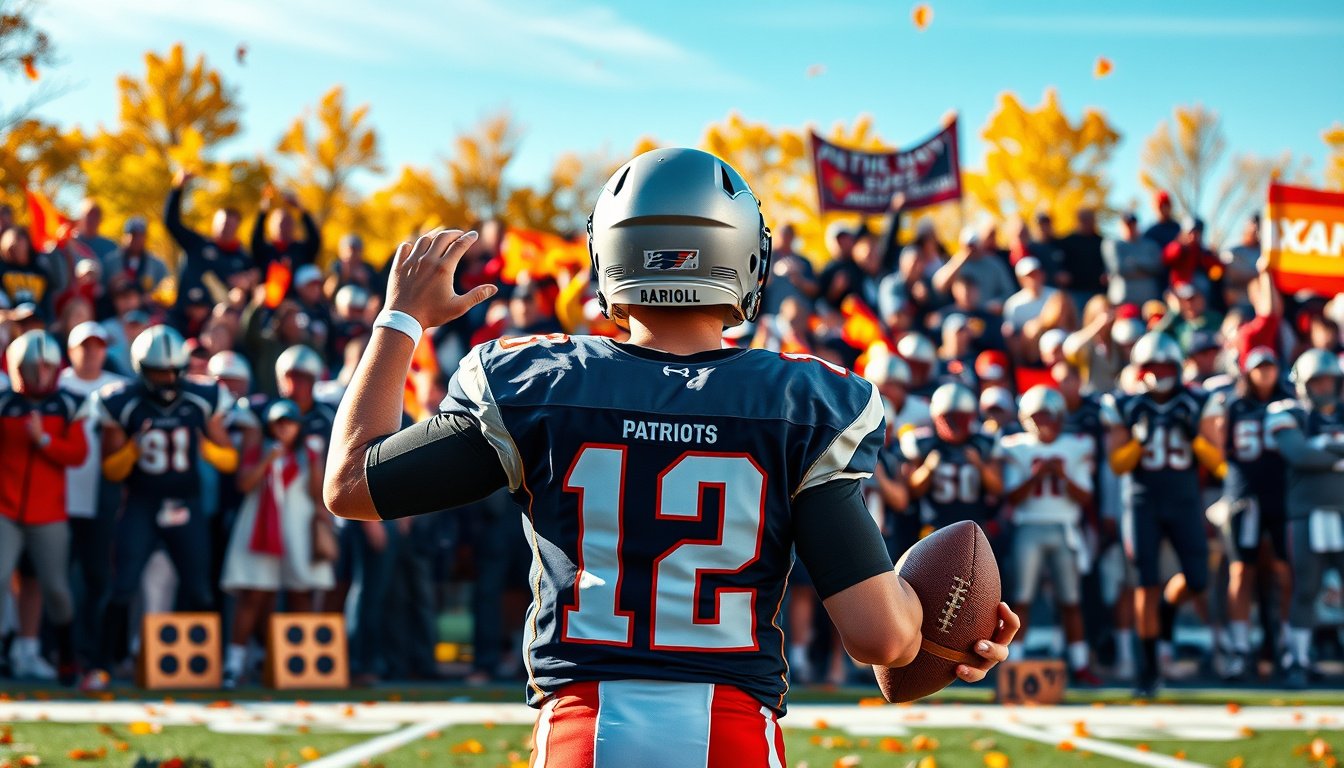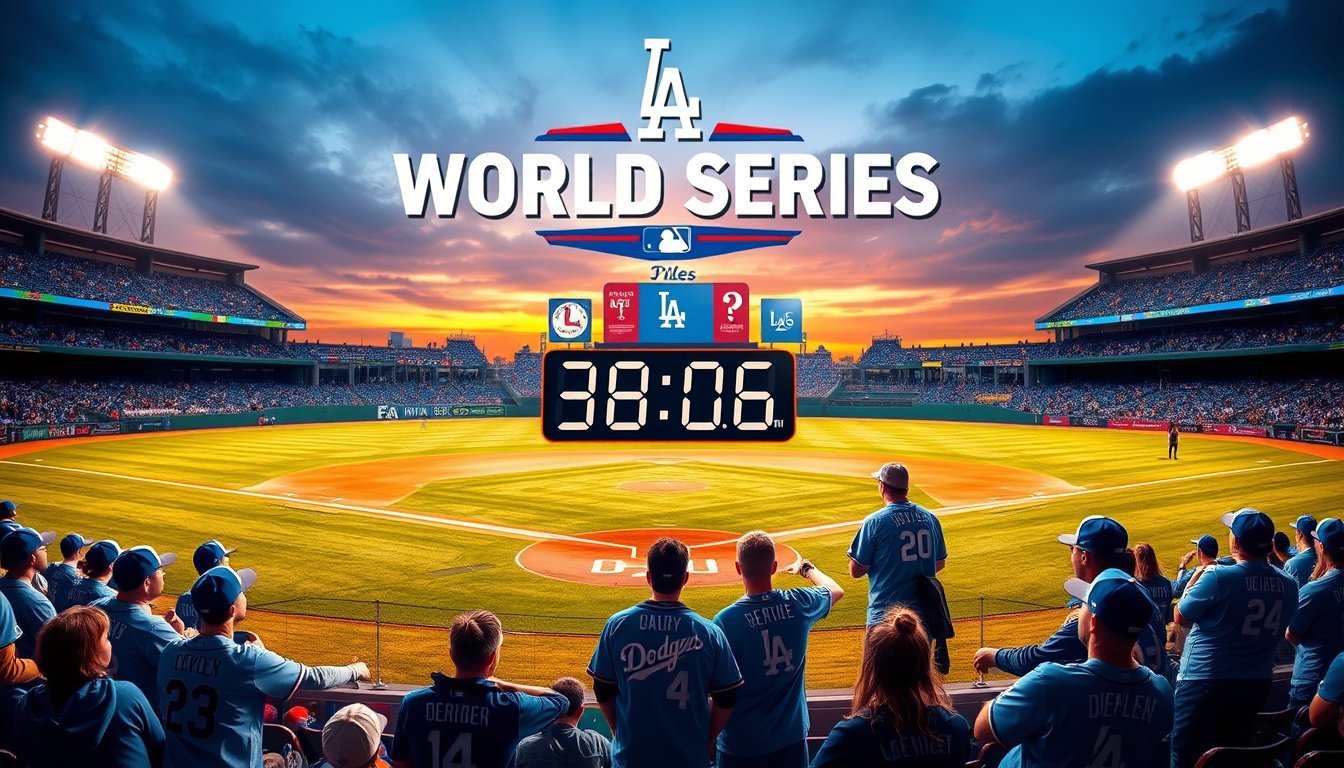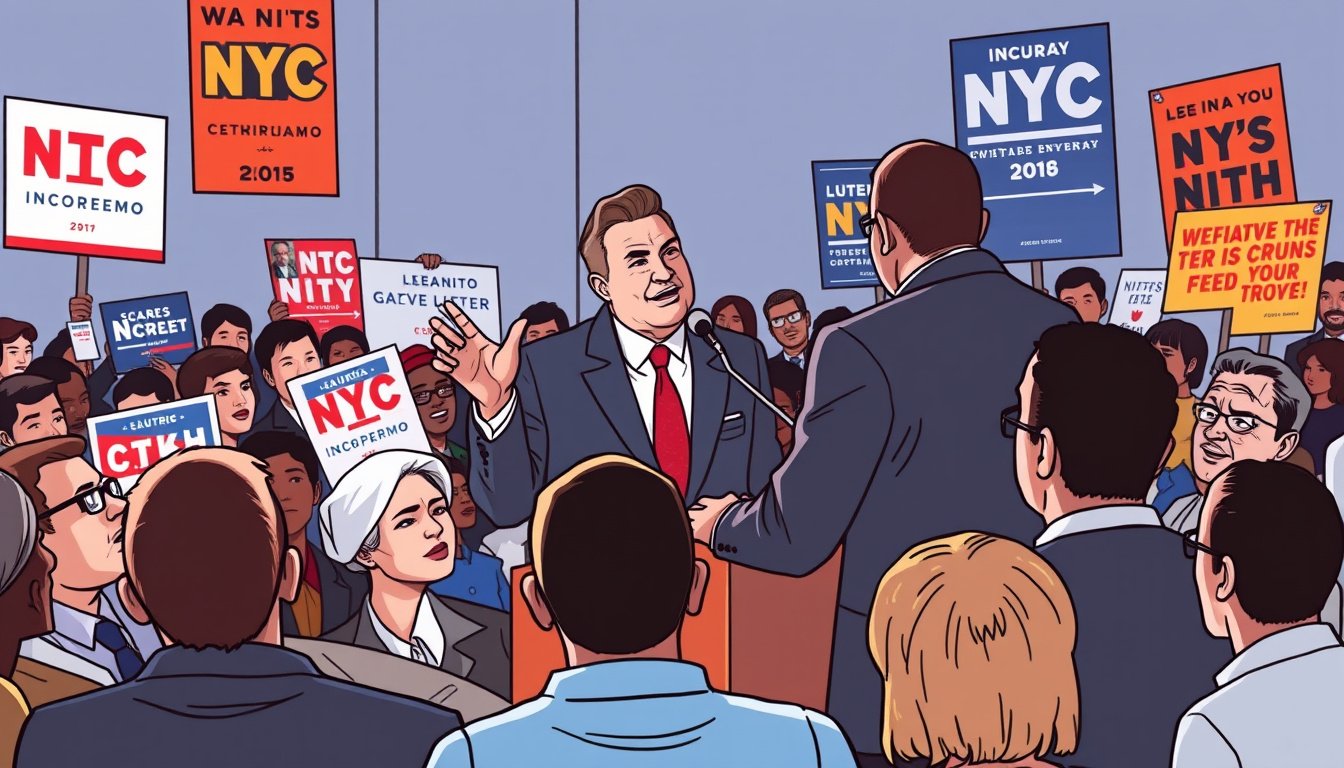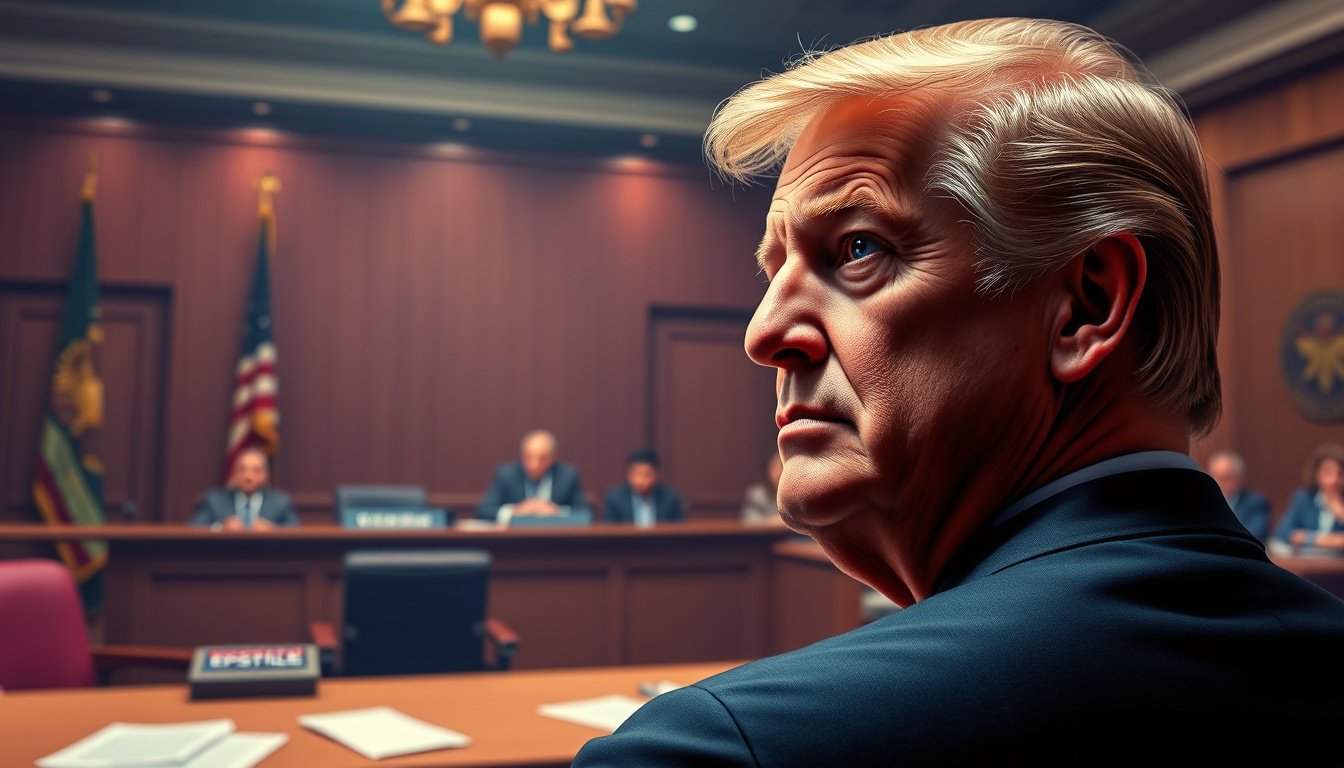Recently, the Premier League has found itself embroiled in a whirlwind of controversies surrounding player conduct, particularly as it pertains to officiating decisions. This was starkly evident in the match between Chelsea and Newcastle United, where Chelsea’s Nicolas Jackson was shown a red card for a serious foul play incident, prompting discussions of consistency in officiating standards and calling into question previous decisions.
The referee for the event, John Brooks, initially handed Jackson a yellow card following his challenge on Newcastle’s Sven Botman. However, upon review by the Video Assistant Referee (VAR), Darren England, it was determined that the challenge warranted a harsher penalty due to the nature of the foul, leading to an upgrade of the card from yellow to red. That pivotal moment not only altered the course of the match but also drew direct comparisons to a previous incident involving Newcastle’s Bruno Guimaraes and Arsenal’s Jorginho that has continued to stir the pot among fans and pundits alike.
In their encounter last season at St James’ Park, Guimaraes executed a similarly egregious challenge on Jorginho, making contact with the Arsenal midfielder’s head and escaping any form of punishment. This incident resurfaced recently, particularly in light of Arsenal’s formal complaint regarding the officiating in the Premier League. Tom Canton, a chief writer for football.london, pointed out the apparent discrepancy in how Guimaraes’ offense was handled compared to Jackson’s recent punishment, suggesting a double standard in officiating.
The disparity highlighted by Arsenal fans and officials raises critical questions about the consistency of VAR’s application across matches. While Guimaraes went unpunished, Howard Webb, the head of the Professional Game Match Officials Board, later conceded that the Newcastle player’s challenge warranted a red card, acknowledging a flaw in officiating that has left many frustrated.
As discussions about officiating standards linger, they underline the broader concerns of player safety and the need for accountability within the framework of match officiating. The fallout from the incident also raises significant discussions around how VAR decisions can vary not only from game to game but also season to season, based on the subjective interpretations of officials.
In addition to the ramifications for the players involved, clubs are left grappling with the impacts these decisions have on their season standings and the psychological toll on their squads. Chelsea and Newcastle’s encounter has once again illuminated the necessity for improved officiating protocols, especially as clubs jockey for critical standings in the league, where every point can be pivotal for European qualifications or relegation battles.
As the Premier League continues, the scrutiny does not relent; clubs are increasingly vocal about questionable rulings and their significant impacts on match outcomes. It also sheds light on the ongoing narrative of how incidents involving player conduct—whether in terms of challenges or the subsequent handling of those challenges by officials—remain a hot-button issue affecting the integrity and excitement of the game.
Thus, the situation extends beyond just a single match or incident; it is reflective of broader systemic issues within the Premier League that affect how the beautiful game is played and judged. As Arsenal, Chelsea, and Newcastle navigate their respective seasons, the hope is that lessons learned from this scrutiny will lead to improvements in officiating standards, ensuring that fairness prevails, enabling teams to compete on a level playing field devoid of the interference of inconsistent officiating.
